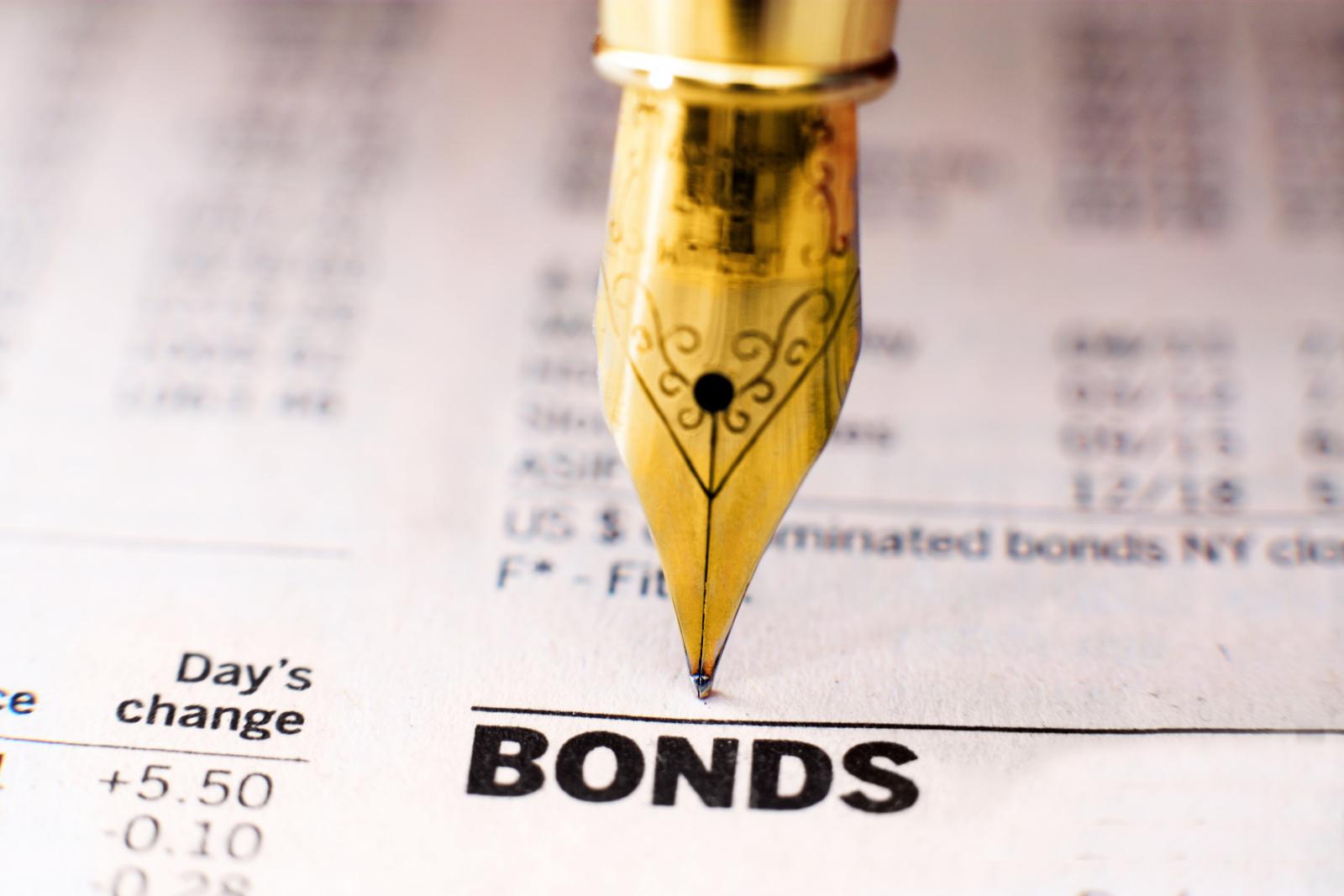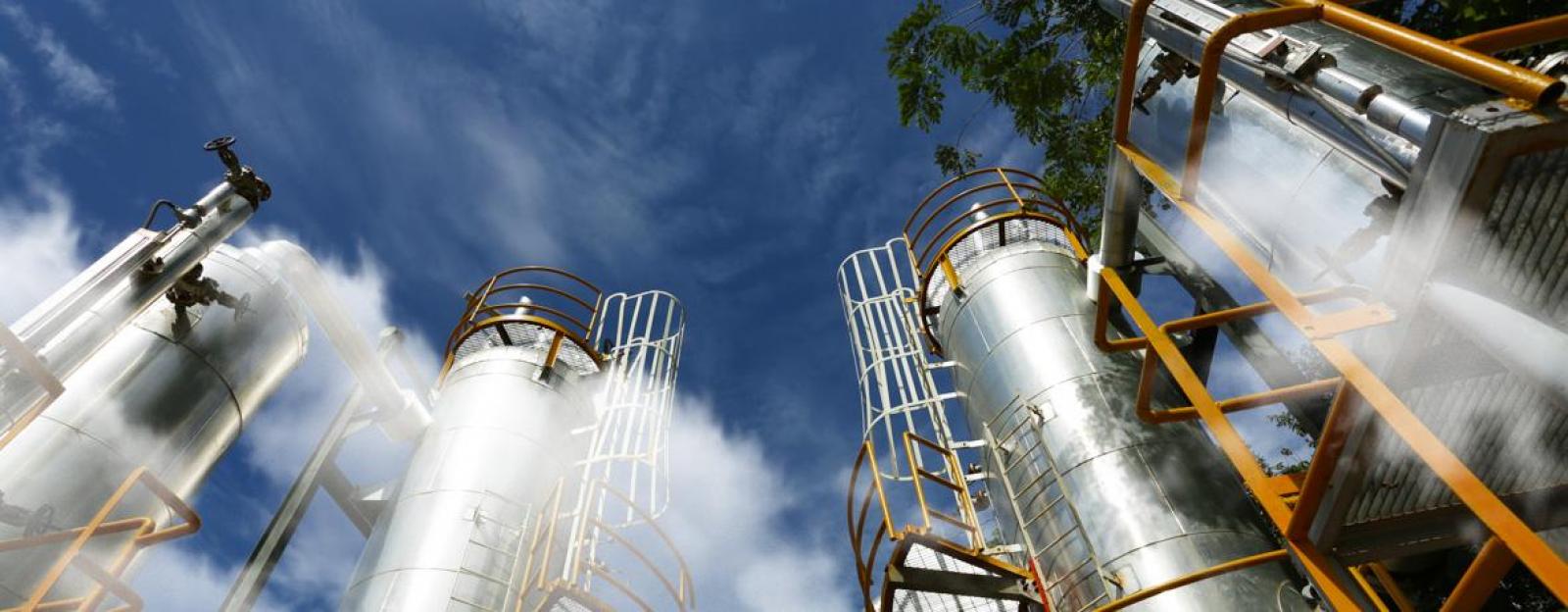
The Indonesia stock market has moved lower in three straight sessions, slipping more than 80 points or 1.1 percent along the way. The Jakarta Composite Index now sits just above the 7,240-point plateau and it\'s looking at another soft start again on Friday.
The global forecast for the Asian markets is mixed ahead of more earnings news and economic data. The European and U.S. markets were mostly lower and the Asian bourses figure to track that lead.
The JCI finished modestly lower on Thursday following losses from the financial shares and resource stocks.
For the day, the index shed 22.48 points or 0.31 percent to finish at 7,240.28 after trading between 7,207.82 and 7,268.05.
Among the actives, Bank CIMB Niaga shed 0.56 percent, while Bank Mandiri strengthened 1.54 percent, Bank Danamon Indonesia tumbled 1.93 percent, Bank Negara Indonesia declined 1.47 percent, Bank Central Asia rallied 2.23 percent, Bank Rakyat Indonesia retreated 1.67 percent, Indosat Ooredoo Hutchison advanced 0.88 percent, Indocement added 0.69 percent, Semen Indonesia surrendered 1.97 percent, Indofood Sukses Makmur jumped 1.67 percent, United Tractors rose 0.30 percent, Astra International dropped 0.88 percent, Energi Mega Persada sank 0.92 percent, Astra Agro Lestari improved 0 .87 percent, Aneka Tambang tanked 2.29 percent, Jasa Marga gained 0.46 percent, Vale Indonesia slumped 1.34 percent, Timah plummeted 4.12 percent, Bumi Resources stumbled 1.32 percent and Bank Maybank Indonesia was unchanged.
The lead from Wall Street is weak as the major averages opened mixed, spent most of the day in positive territory before a late slump saw some of them end in the end.
The Dow gained 81.20 points or 0.20 percent to finish at 39,935.07, while the NASDAQ tumbled 160.69 points or 0.93 percent to end at 17,181.72 and the S&P 500 sank 27.91 points or 0.51 percent to close at 5,399.22.
Stocks gained in strength early in the session thanks to data showing a sharper than expected acceleration in U.S. economic growth in the second quarter.
The Commerce Department said the GDP growth reflected increases in consumer spending, private inventory investment, and nonresidential fixed investment - while the personal consumption expenditures price index slowed to 2.6 percent.
Also, the Commerce Department said durable goods orders plummeted in June, while the Labor Department noted a slowdown in initial jobless claims last week.
Oil climbed higher on Thursday, extending recent gains after data showed a sharper than expected acceleration in U.S. GDP growth in Q2. West Texas Intermediate Crude oil futures for September rose $0.69 at $78.28 a barrel.





